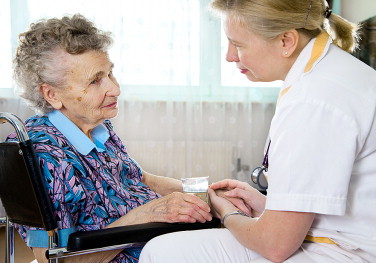Elsevier,
Navigating Academia, A Guide for Women and Minority STEM Faculty, 2015, Pages 155-168
This chapter advances SDG 4, 5, and 10 by exploring the known reasons why African-Americans do not pursue or persist in science, technology, engineering, and mathematics (STEM) disciplines in general and in computing sciences in particular.
Elsevier,
Improving Library Services to People with Disabilities, Chandos Information Professional Series, 2007, Pages 65-86
To maximize potential, people must have lifelong access to the information and services offered through books and libraries. Whether to address concerns of an ageing population or to enable all citizens to contribute fully through meaningful education and work opportunities, more emphasis is being given to promoting library services to people who have disabilities. This content addresses SDGs 4 and 10 by focusing on serving adults with disabilities in an international setting allowing librarians, policy makers and constituents to understand the importance of serving all potential patrons.
Elsevier,
Encyclopedia of Health Economics, 2014, Pages 477-482
This chapter advances SDG 6 by reviewing the evidence on health and nonhealth benefits of water and sanitation investments that are common in developing countries. It further explores evidence on valuation for these interventions and discusses the implications of the evidence on valuation for government policy to support improvements in this sector.
Elsevier,
Women and Health (Second Edition), 2013, Pages 1515-1526
Addresses the impact of long-term care on women, outlining the salient issues affecting women who are receiving care and those who are providing informal caregiving, as well as those who are direct care workers in long-term care facilities. Focus is given to the prevalence of physical and mental health conditions among women in the long-term care system and identification of risk factors associated with women’s health and economic well-being.
Elsevier,
Women and Health (Second Edition), 2013, Pages 671-683
Summarizes the evidence on how education, work, and marriage influence women’s health. In light of dramatic changes in gender-based inequalities in education, occupational opportunities, and marriage, trends in major indicators of women’s health are discussed in relation to the relevance of social changes for recent and future population patterns in women’s health.

